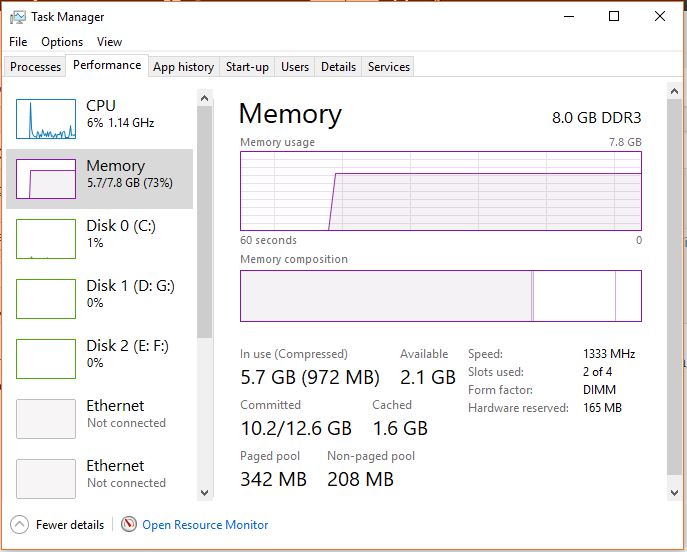
You can find the information on both how much RAM and the memory speed that your motherboard supports on there. The easiest way to check RAM compatibility is to look up the motherboard model that you have or are going to buy and find the model on the manufacturer’s website.įirst, check the specifications on the webpage and look at the “ Memory” tab. Now that we know the basics of RAM modules, let’s answer the question “ What memory speed RAM does my motherboard support?“. You always want to get two matching sticks of RAM to run them in Dual Channel to avoid stutters in games and for best performance. You should always buy the fastest RAM that you can afford, but pay attention to the memory channels as well. The most common frequencies that you will come across when you are looking to buy new RAM are 2400 MHz, 2933 MHz, and 3200 MHz. DDR4 memory speeds range from 1600 MHz up to 4800 MHz. Naturally, DDR4 is the RAM that you should be using in 2021 as it is the fastest and most recent generation and all motherboards that have been released in the past seven years support it. The latest generation is DDR4, but DDR5 is coming very soon. It is also important to mention the RAM technology. RAM memory speed, or RAM frequency, is measured in megahertz, abbreviated as MHz.

The faster your RAM runs, the better the performance and, in turn, the more FPS you get in games. RAM memory speed is important for performance, especially on AMD CPUs. What Memory Speed RAM Does My Motherboard Support? You can learn about this topic by reading the rest of the article. If you are still wondering and asking, “ What memory speed RAM does my motherboard support?“, don’t worry. The most important thing is that motherboards are designed to recognize faster RAM and simply run it at a lower frequency.īut there is a lot more to RAM and motherboard compatibility than that.

Both CPU and motherboard have a limit of how much and how fast RAM they can support. So, you are asking, “ What memory speed RAM does my motherboard support?“, and here is the answer.Īll newer motherboards are designed to be compatible with as many different RAM models as possible, so the compatibility list tends to be quite lengthy. While RAM compatibility is usually not an issue, certain sticks of RAM may not work with certain motherboards. If you are building a new computer and are worried that your RAM won’t play nicely with your motherboard, you are not alone.


 0 kommentar(er)
0 kommentar(er)
